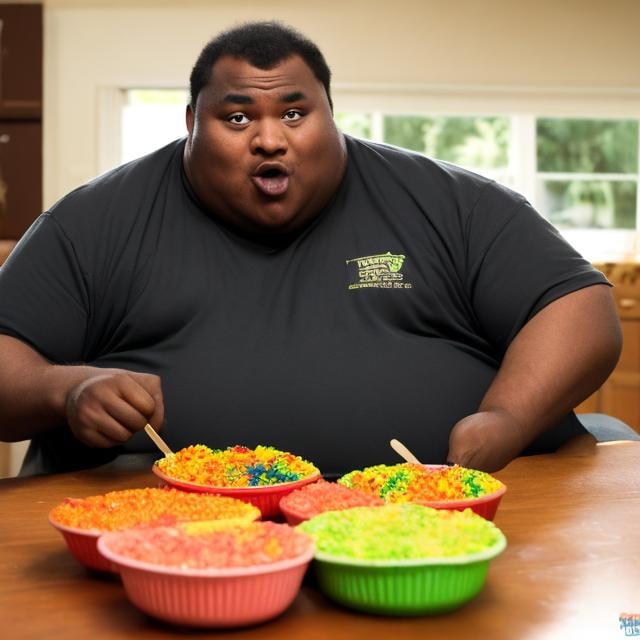The average life expectancy in the U.S. is 77.5 years, according to the . But Americans outlive their health spans by 12.4 years, the study found. It’s closely followed by Australia (which has a gap of 12.1 years), New Zealand (11.8 years), the U.K. (11.3 years) and Norway (11.2 years). Several countries in Africa fall at the bottom of the health span-lifespan gap rankings, but this is less due to longer health spans than to the fact that lifespans are relatively short, as there have been fewer advancements to prevent deaths from infections or to allow people to live with chronic diseases.
Just as in other countries, chronic conditions like are major factors in how many years Americans remain alive but in poor health. But, the authors add, a high burden of and behavioral conditions — which the WHO groups together, and include depression, anxiety and addictions to alcohol and drugs — are also weighing heavily on our health span, as well as curtailing life expectancy in the U.S.
Underpinning both chronic diseases and what are sometimes called such as addiction, is the prevalence of , stress and inequality in the U.S., Gurven says. “It’s hard to avoid that living in a highly unequal society is stressful and that takes a toll on our health in so many ways,” he says. That inequality affects not only access to health care, but can also be seen in how little opportunity there is for Americans in many parts of the country to get physical activity or healthy meals in their busy days, helping to fuel the obesity epidemic, which, in turn, curtails health span.
BTW, life expectancy in Portugal is 81.58. And we have universal healthcare.
Just as in other countries, chronic conditions like are major factors in how many years Americans remain alive but in poor health. But, the authors add, a high burden of and behavioral conditions — which the WHO groups together, and include depression, anxiety and addictions to alcohol and drugs — are also weighing heavily on our health span, as well as curtailing life expectancy in the U.S.
Underpinning both chronic diseases and what are sometimes called such as addiction, is the prevalence of , stress and inequality in the U.S., Gurven says. “It’s hard to avoid that living in a highly unequal society is stressful and that takes a toll on our health in so many ways,” he says. That inequality affects not only access to health care, but can also be seen in how little opportunity there is for Americans in many parts of the country to get physical activity or healthy meals in their busy days, helping to fuel the obesity epidemic, which, in turn, curtails health span.
BTW, life expectancy in Portugal is 81.58. And we have universal healthcare.

